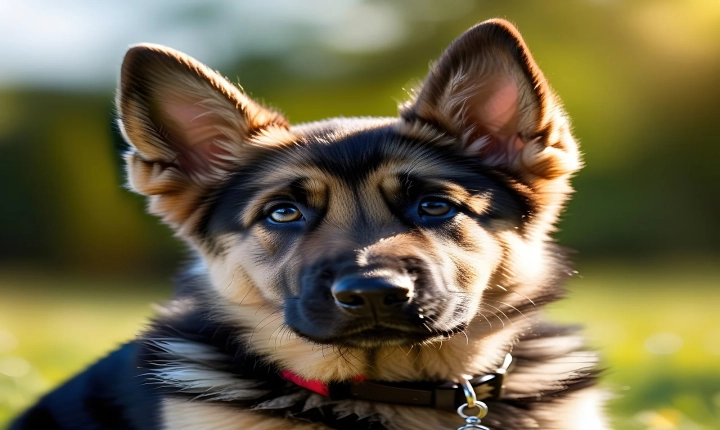Title: The Rise of AI Sheep: A New Era of Agriculture
In the rapidly evolving world of technology and artificial intelligence, the agricultural industry has seen a remarkable development with the introduction of AI sheep. These intelligent, robotic sheep are designed to revolutionize the way we approach livestock farming, bringing efficiency, sustainability, and innovation to the forefront of agriculture.
The concept of AI sheep may seem like something out of a science fiction novel, but the reality is that these sophisticated machines are reshaping the agricultural landscape in profound ways. Powered by advanced algorithms and cutting-edge sensors, AI sheep are designed to mimic the behavior and functions of real sheep, while offering a range of benefits that traditional livestock farming simply cannot match.
One of the key advantages of AI sheep is their ability to operate autonomously, without the need for constant human supervision. Equipped with advanced navigation systems, these robotic counterparts can graze, monitor their health, and make decisions based on environmental conditions, all without the need for direct human intervention. This level of autonomy not only reduces the labor intensity of livestock farming but also enables farmers to focus on more strategic aspects of their operations.
Moreover, AI sheep are equipped with sophisticated data collection and analysis capabilities, allowing farmers to gain valuable insights into the health and behavior of their herd. By continuously monitoring vital signs and behavioral patterns, AI sheep can help identify early signs of illness, track the grazing patterns, and even predict reproductive cycles, allowing farmers to proactively manage their herds with precision and efficiency. This real-time data collection and analysis ultimately results in improved animal welfare and higher productivity, benefiting both the animals and the farmers.
In addition, AI sheep are designed to operate in a sustainable and eco-friendly manner. With a reduced reliance on chemical fertilizers and pesticides, these robotic livestock can help minimize the environmental impact of traditional farming practices. Furthermore, their precision grazing capabilities can contribute to more efficient land use, leading to better pasture management and reduced soil erosion, ultimately contributing to a more sustainable agriculture industry.
While the introduction of AI sheep represents a significant leap forward in agricultural technology, it also raises important considerations and challenges. The widespread adoption of these robotic livestock has the potential to disrupt traditional farming practices and impact rural communities. Additionally, there are ethical considerations surrounding the use of AI in agriculture, particularly in terms of animal welfare and the potential displacement of human labor.
As with any emerging technology, it is essential for the agricultural industry to approach the integration of AI sheep with careful consideration for potential ethical and societal implications. Farmers, policymakers, and researchers must work together to develop and implement appropriate regulations and guidelines to ensure the responsible and ethical use of AI in agriculture.
In conclusion, the introduction of AI sheep marks an exciting new chapter in the evolution of agriculture. With their potential to improve efficiency, sustainability, and animal welfare, these robotic livestock have the power to revolutionize the way we approach livestock farming. However, it is crucial for the agricultural industry to navigate the challenges and ethical considerations associated with this technology, ensuring that the integration of AI sheep is conducted in a responsible and sustainable manner. As technology continues to reshape the agricultural landscape, the potential for AI sheep to drive positive and transformative change in the industry is undeniable.
